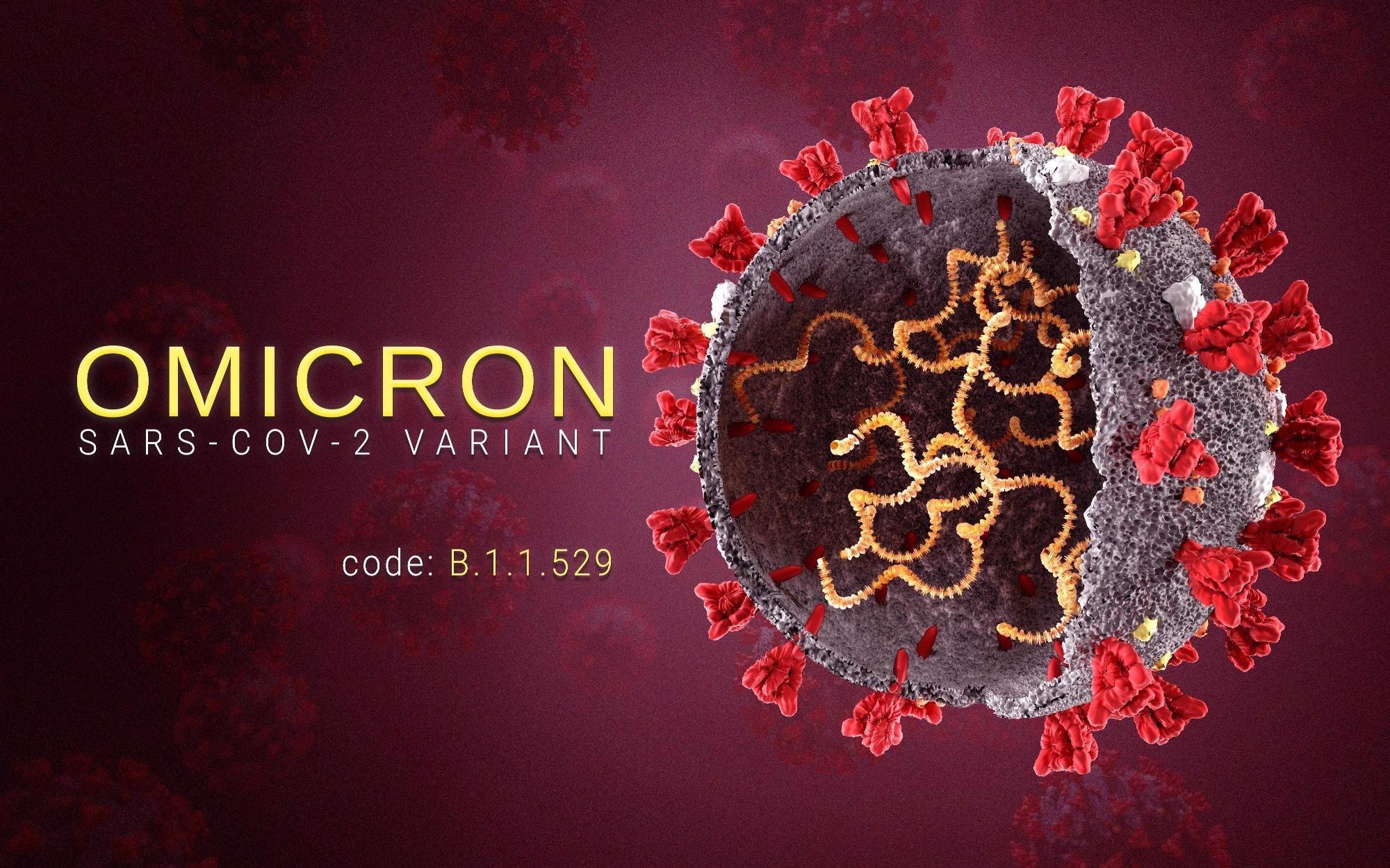The creation of messenger RNA (mRNA) COVID-19 vaccines was pivotal for increasing immune protection against severe acute respiratory syndrome coronavirus 2 (SARS-CoV-2). The Moderna and Pfizer-BioNTech mRNA vaccines had a ~95% vaccine efficacy in clinical trials. While adenoviruses such as Oxford/AstraZeneca and Johnson & Johnson vaccines were slightly less effective, they exhibited over 90% protection against the virus. For this reason, SARS-CoV-2 infections from vaccinated individuals were rare — accounting for less than 1% of cases. However, the emergence of the variants such as Delta and Omicron has caused a decline in vaccine protection.
A recent article published in the journal Science explains how SARS-CoV-2 variants can bypass vaccine-induced immune defenses. However, immunity is restorable with a booster shot. The paper's authors outlined the importance of a booster shot in maintaining immunity and preventing severe infection.
 Perspective: COVID-19 vaccine breakthrough infections. Image Credit: Orpheus FX
Perspective: COVID-19 vaccine breakthrough infections. Image Credit: Orpheus FX
Immune escape potential in SARS-CoV-2 variants of concern
The World Health Organization (WHO) currently designates 5 SARS-CoV-2 variants — Alpha, Beta, Gamma, Delta, and Omicron — as variants of concern. Alpha contained mutations on its spike protein, which increased infectivity and transmission. Other variants, such as Beta, had mutations that made them less sensitive to neutralizing antibodies. Delta had similar mutations, and the decreased neutralizing power contributed to the increase in breakthrough cases as it spread across countries such as Israel and the United States.
Immune evasion and enhanced viral replication explain Delta's ability to cause breakthrough infections
Delta evolved mutations separate from the ones observed in previous variants. For example, the P681R mutation is specific to Delta and helps increase the efficiency of the virus to infect and take over host cell processes. Specifically, the P681R mutation increases the cleavage of the spike protein into S1 and S2 fragments.
Other mutations that increase infectivity are mutations in the amino-terminal domain (NTD). The deletions of amino acids 157-158 as well as the T19R, G142D, and R156G mutations increase infectivity by rearranging the NTD to promote binding on other cellular receptors.
Delta may evade neutralizing antibodies by optimizing the infectivity process. The research authors explain that spike mutations speed up the time it takes for SARS-CoV-2 to attach and infect respiratory epithelial cells, avoiding any neutralizing antibodies in the mucosa. Additionally, spike protein mutations enhance membrane fusion with other cells. This allows the virus to spread from one cell to another without having to exit the cell — minimizing any exposure with neutralizing antibodies.
Another reason contributing to immune evasion is the L452R mutation (and potentially T478R) in the receptor-binding domain. Scientists associate these mutations with reducing recognition by NTD-specific neutralizing antibodies.
Waning Immunity After 6 Months
The rise in recent breakthrough infections is also because vaccine immunity decreases over time. For example, research in Israel found that after 4 to 6 months, vaccine effectiveness declined to 40% against symptomatic COVID-19 infection.
Increase in neutralizing antibodies with booster dose
Research has shown that administering a booster 6 months after the last vaccine increases the number of neutralizing antibodies. In addition, a high amount of neutralizing antibodies is linked to greater protection from breakthrough infections.
One study from Israel found that people over 60 who received a booster 6 months after their second mRNA vaccine were 90% protected against severe COVID-19 infection. They also observed booster protection from COVID-19 related hospitalization and death in adults 40 years and older. Research from Pfizer found a booster dose restored vaccine effectiveness to 95% against symptomatic infection for adults 18 and over.
"With continued circulating virus over time, it is likely that improved efficacy of a booster dose will be further demonstrated, in addition to reduced transmission and fewer cases of Long Covid (which can probably occur after vaccine breakthrough infection)," wrote the authors.
CDC updates on guidelines for booster eligibility
With the recent surge of cases from the Omicron variant, the Centers for Disease Control and Prevention (CDC) amended their original booster recommendation. The current recommendations are for everyone 18 years and older to get a booster shot 6 months after receiving their second dose of the mRNA COVID-19 vaccine. For people who received the one-shot Johnson & Johnson COVID-19 vaccine, the CDC advises getting a booster 2 months after. Last, the CDC emphasizes the need to continue practicing prevention strategies — wearing masks, avoiding crowds, washing hands, and isolating if positive or quarantining if exposed to someone infected with SARS-CoV-2 — to limit community spread and keep everyone protected.
Sources:
Journal reference: